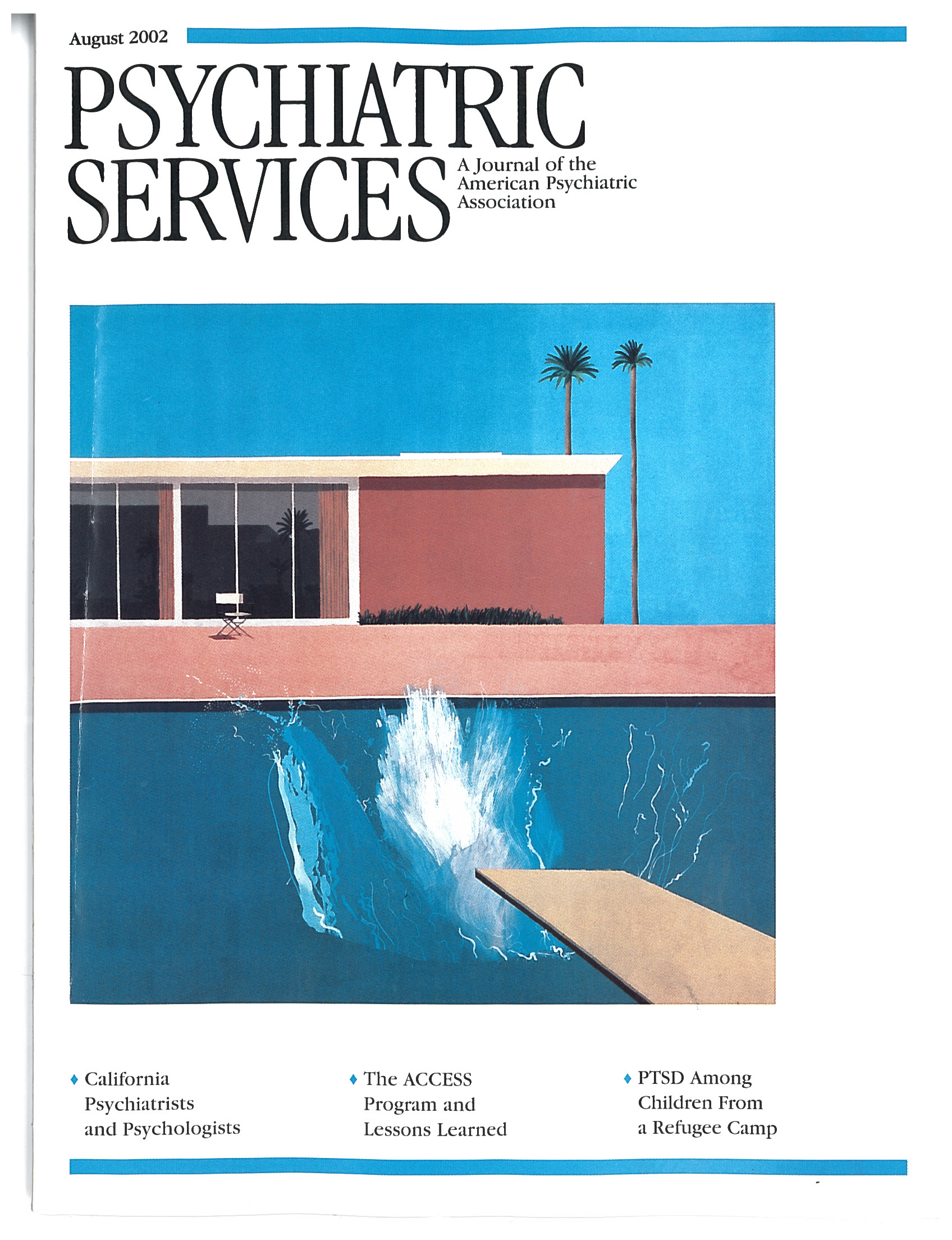The Gap Between Research and Practice in Substance Abuse Treatment
Abstract
Integrating science-based practices into clinical care has become an increasingly important theme in the substance abuse field. The authors describe various factors that have traditionally kept researchers and practitioners from collaborating with one another and outline steps being taken to encourage a partnership between these two groups. Strategies for continuing to close the gap between research and practice are provided, including the incorporation of policy makers and consumers and their families into the process. The implementation of science-based treatment strategies into mainstream substance abuse care will depend partly on the new relationships that are built on the communication and cooperation between researchers and practitioners.



